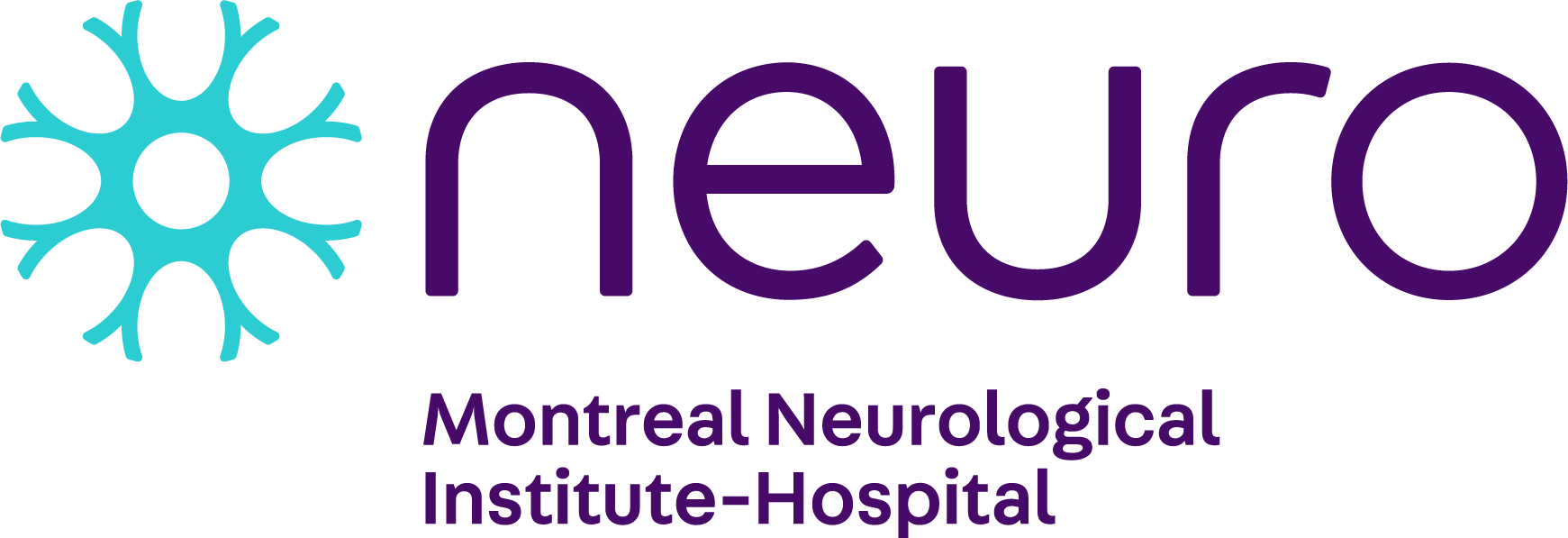Alain Dagher, MD

Dr. Alain Dagher is a neurologist specializing in movement disorders and functional brain imaging. His research aims at understanding the function of the basal ganglia, with a particular emphasis on appetitive behaviours. This involves studying how we learn about rewards and punishments, and become motivated to engage in reward-seeking behaviour. The two main techniques used are positron emission tomography (PET) targeting the dopamine system, and functional magnetic resonance imaging (fMRI). The research focusses on Parkinson's Disease, stress, drug addiction (notably cigarette smoking), pathological gambling, and obesity. Dr. Dagher is funded by CIHR, FRSQ, NIDA, the Parkinson Society of Canada, the Institute for Research on Pathological Gambling and Related Disorders, and Unilever PLC.
Dagher A, Robbins TW (2009) Personality, addiction, dopamine: insights from Parkinson's disease. Neuron 61:502-510.
Costes N, Dagher A, Larcher K, Evans AC, Collins DL, Reilhac A (2009) Motion correction of multi-frame PET data in neuroreceptor mapping: Simulation based validation. Neuroimage.
Malik S, McGlone F, Dagher A. Ghrelin Modulates the Hedonic Value of Visual Food Stimuli: A fMRI Study in Humans. Cell Metabolism 2008 7(5):400-9.
Nagano-Saito A, Leyton M, Monchi O, Goldberg YK, He Y, Dagher A. Dopamine depletion impairs frontostriatal functional connectivity during a set-shifting task. J Neurosci. 2008 Apr 2;28(14):3697-706
Boileau I, Dagher A, Leyton M, Welfeld K, Booij L, Diksic M, et al. Conditioned dopamine release in humans: a positron emission tomography [11C]raclopride study with amphetamine. J Neurosci 2007; 27: 3998-4003.
Boileau I, Dagher A, Leyton M, Gunn RN, Baker GB, Diksic M, et al. Modeling sensitization to stimulants in humans: an [11C]raclopride/positron emission tomography study in healthy men. Arch Gen Psychiatry 2006; 63: 1386-95.
McBride D, Barrett SP, Kelly JT, Aw A, Dagher A. Effects of expectancy and abstinence on the neural response to smoking cues in cigarette smokers: an fMRI study. Neuropsychopharmacology 2006; 31: 2728-38.
Postuma RB, Dagher A. Basal ganglia functional connectivity based on a meta-analysis of 126 positron emission tomography and functional magnetic resonance imaging publications. Cereb Cortex 2006; 16: 1508-21.
Barrett SP, Boileau I, Okker J, Pihl RO, Dagher A. The hedonic response to cigarette smoking is proportional to dopamine release in the human striatum as measured by positron emission tomography and [11c]raclopride. Synapse 2004. 54:65-71.
Pruessner JC, Champagne F, Meaney MJ, Dagher A. Dopamine release in response to a psychological stress in humans and its relationship to early life maternal care: a positron emission tomography study using [11C]raclopride. J Neurosci 2004. 24(11): 2825-31.
Small DM, Jones-Gotman M, Dagher A. Feeding-induced dopamine release in dorsal striatum correlates with meal pleasantness ratings in healthy human volunteers. Neuroimage 2003. 19(4): 1709-15.
Dagher A, Owen AM, Boecker H, Brooks DJ. The role of the striatum and hippocampus in planning: a PET activation study in Parkinson's disease. Brain 2001. 124(Pt 5): 1020-32.
Monchi O, Petrides M, Petre V, Worsley K, Dagher A. Wisconsin Card Sorting Revisited: Distinct Neural Circuits Participating in Different Stages of the Task Identified by Event-Related fMRI. J Neurosci 2001. 21(19): 7733-7741.
Strafella AP, Paus T, Barrett J, Dagher A. Repetitive transcranial magnetic stimulation of the human prefrontal cortex induces dopamine release in the caudate nucleus. J Neurosci 2001. 21(15): RC157.
Aston JA, Gunn RN, Worsley KJ, Ma Y, Evans AC, Dagher A. A Statistical Method for the Analysis of Positron Emission Tomography Neuroreceptor Ligand Data. Neuroimage 2000. 12(3): 245-256.




